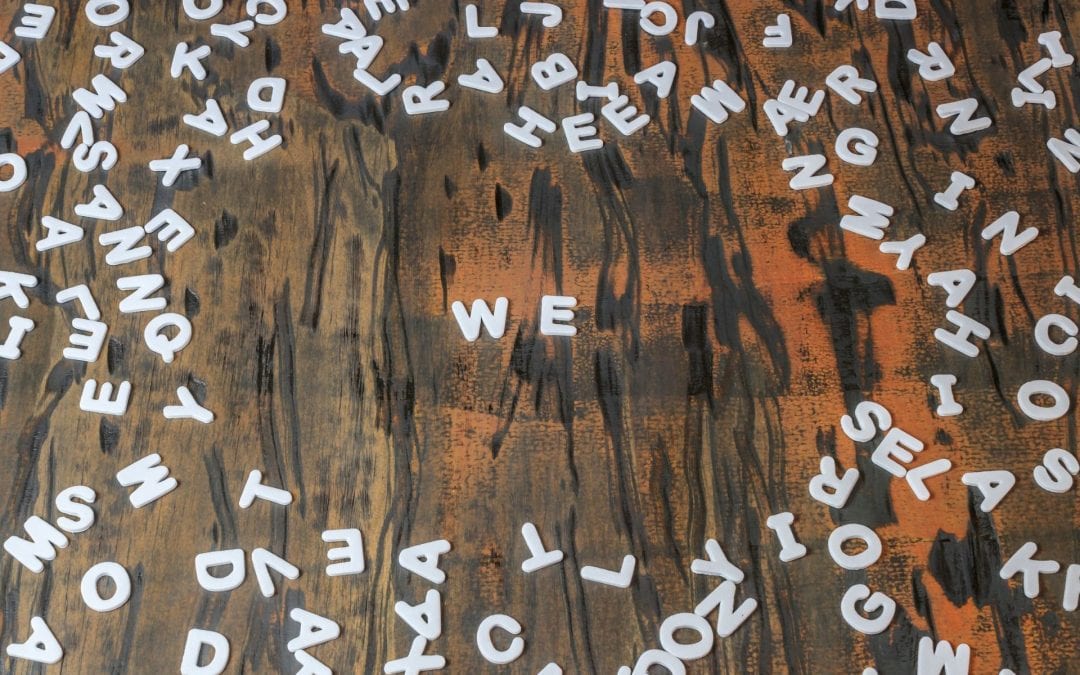Resources

Contribute to the Framework for Stakeholder Inclusion in the Technology Planning Process
The CoAction Learning Lab recently completed a full draft of its collaboratively-created resource: Framework for Stakeholder Inclusion in the Technology Planning Process. In the spirit of inclusion, we now invite higher education professionals and institutions from outside the Lab to build on this framework draft by sharing suggestions and exemplars (in suggestion mode) to inform the final version — using the web form below.
About the Framework
The Framework for Stakeholder Inclusion in the Technology Planning Process aims to help institutional leaders in cultivating inclusive educational technology selection and adoption processes by making stakeholders a core part of strategic planning. This resource illuminates key considerations of three stakeholder groups — students, learning facilitators, and technology leaders — and recommends ways to incorporate their perspectives and needs throughout your process.
Fill out the below form by April 14, 2019 to request an editable copy that anyone at your institution can access and review. Please keep in mind that the aim of this framework is to be broadly applicable within higher education, providing a foundation for context-specific work in a wide range of institutions. With this goal in mind, please refrain from suggesting revisions that are extremely specific to a single context. All individuals who review and make contributions to the framework will be attributed in the final version, which will be published to this website under a Creative Commons license that encourages broad sharing, adapting, and re-mixing.

CoAction Learning Lab: “Back to School” Recommended Reading
During their orientation, CoAction Learning Lab Community Partners shared readings or videos that represent the subject matter and perspectives collectively deemed important. Participants were specifically asked to submit resources relevant to envisioning the future of teaching and learning in higher education. Learning leaders, technology leaders, and students across the Community Partner institutions made their selections. The end result is a list of inspirational and informative readings/videos, organized by theme, for higher education innovators — particularly as a new school year begins for many.
The High-Tech Classroom
“How AR and VR Will Revolutionize the Classroom”
ReadWrite
“Student Learning and Virtual Reality: The Embodied Experience”
EDUCAUSE Review
“Twenty Years of EdTech” (PDF)
EDUCAUSE Review
Emerging Technology & Society
“The Ascent of Artificial Intelligence: How Will AI Change the Nation-State?”
The Brookings Institution
“Launch of the 2018 Emerging Tech Trends Report, SXSW 2018” (Video)
Future Today Institute
“The Near Future. Ready for Anything.” (Video)
CableLabs
“Robot-Proof: Higher Education in the Age of Artificial Intelligence” (Video)
C-SPAN
Inclusivity & Accessibility
“5 Tips for ADA-Compliant Inclusive Design”
Inside Higher Ed
“Accessibility Laws for Online Learning Content”
3PlayMedia
“Does Open Pedagogy Require OER?”
Clint Lalonde
“The Impact of Open Educational Resources on Various Student Success Metrics” (PDF)
International Journal of Teaching and Learning in Higher Education
“Lift Every Voice: An Anthology of Contemporary Student Writings on Race” (PDF)
The WAC Journal
Redefining Education Delivery
“Defining ‘Regular and Substantive’ Interaction in the Online Era”
Inside Higher Ed
“The iGen Shift: Colleges Are Changing to Reach the Next Generation”
The New York Times
“Preparing Young People for the Future of Work” (PDF)
Mitchell Institute, Victoria University
“Transforming the Educational Model”
Curtin University
The Art of Teaching: Theory and Practice
“Design Research at the Crossroads of Education and Practice”
She Ji: The Journal of Design, Economics, and Innovation
“Does Tailoring Instruction to ‘Learning Styles’ Help Students Learn?”
American Educator
“Evaluating Learning Approaches in ‘Cubic’ Space: Engagement & Learning Multipliers…”
Unfold Learning
Game Design as a Catalyst for Learning (PDF)
Tracy Wong, featured in Teacher Librarian, 44(2), 34-37
“The Heart of a Teacher” (PDF)
Center for Courage & Renewal (Excerpt from The Courage to Teach: Exploring the Inner Landscape of a Teacher’s Life)
“Learning and Games” (Video)
ChangSchoolTalks 2016: Experiential Learning in Action
The Evolution of Academia in the Digital Era
“Academic Work in the Digital Age”
Digital Education Research at Monash University (link to audio file includes link to transcript)
“The Digital Scholar Revisited”
The Digital Scholar: Philosopher’s Lab
“Reimagining the Role of Technology in Higher Education”
U.S. Department of Education Office of Educational Technology (a supplement to the 2016 National Educational Technology Plan)
Information Literacy
“Information Literacy: Research and Collaboration across Disciplines”
Barbara J. D’Angelo, Sandra Jamieson, Barry Maid, and Janice R. Walker
Classics (2+ years old)
“A Brief Guide to Learning Faster (And Better)” (2011)
Scott H. Young
“The Importance of Universal Design for Learning” (2008)
Usable Knowledge, Harvard Graduate School of Education
“The Looming Gamification of Higher Ed” (2015)
The Chronicle of Higher Education
“Web Content Accessibility Guidelines (WCAG) 2.0” (2008)
The World Wide Web Consortium (WC3)